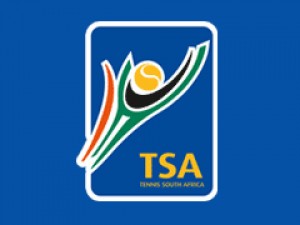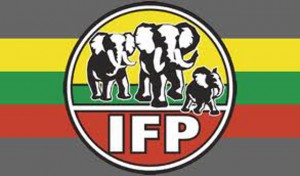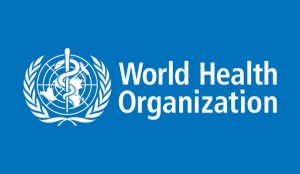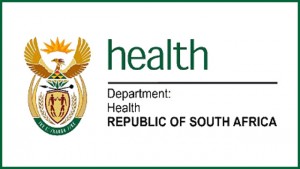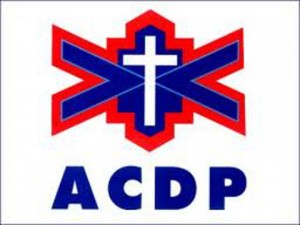Daar rus ʼn grondwetlike verpligting op die departement van kuns en kultuur om tale in Suid-Afrika uit te bou en te ontwikkel. Die ontbinding van die Pan Suid-Afrikaanse Taalraad (Pansat), was daarom ʼn groot terugslag vir die bevordering vir veeltaligheid in Suid-Afrika.
Daarbenewens het ʼn forensiese ondersoek groot ongerymdhede met Pansat se geldsake onder leiding van Mxolisi Zwane, waarnemende hoof van Pansat, vroeër vanjaar aan die lig gebring. Hierdie ondersoekverslag verdien om verder ondersoek te word met die oog op strafregtelike optrede, sê dr. Pieter Mulder, leier van die VF Plus.
Hier volg dr. Mulder se volledige toespraak:
Budget vote debate: Arts and Culture
Parliament: 10 May 2016
Dr. Pieter Mulder: FF Plus leader
Chairperson
One of the key priority areas that the Department has identified is the promotion of languages.
Article 6(2) of the Constitution reads: “Recognising the historically diminished use and status of the indigenous languages of our people, the state must take practical and positive measures to elevate the status and advance the use of these languages.”
The Freedom Front Plus agrees with this priority area as a constitutional requirement.
The University of KwaZulu-Natal and, in particular, Prof. Thabisile Buthelezi have done more to elevate the status of these languages than the entire Department of Arts and Culture with all its personnel and resources.
For example: One of Prof. Buthelezi’s students, Dr. Zinhle Nkosi, received her PhD-degree with her dissertation written in isiZulu. Currently, there are 15 students in the School of Education who are completing their masters’ degrees in isiZulu.
Doing your doctorate or masters study in isiZulu elevates the status and advances the use of isiZulu as the constitution requires. It also proves that indigenous languages can develop to the same academic level as English. In the process, it makes these students proud of their identity and restores dignity.
Sir, South Africa’s government is still struggling to find the right recipe for nation building. One finds mainly two models: One is the American melting-pot model where only one English-speaking nation is built while the languages and cultures of all others are deliberately destroyed.
The second model is one in which diversity is recognised, and everyone feels at home. Examples of this can be found in countries such as Switzerland and Ethiopia. This is what our constitution prescribes/requires.
Yet, we had to wait 19 years for the Use of Official Language Act to implement this – and that only after a court battle.
The Official Languages Act was promulgated on 2nd May 2013. Because government departments and institutions failed to comply, the deadline for implementing the Act had to be postponed.
Today, three years after promulgation, 20% of the National Departments still do not comply and don’t have language units. With more time I would have preferred to read the names of these departments. The situation is worse when we look at national public entities and enterprises, with approximately only 36% that complied.
The only conclusion is that the ANC government is not serious and determined to do what the Constitution requires. That is why I say that Prof. Buthelezi from the University of KZN has done more to elevate these languages than the entire Department has achieved.
The instrument for achieving the language goals of the Constitution is the Pan South African Language Board (article 6(5)). This Board must promote and create conditions for the development and use of all official languages.
The most recent Pansalb Board consisted of language activists and language experts, representative of the different South African languages. I experienced them as competent and enthusiastic about their task.
But — at the time of their appointment they inherited a Pansalb with 80% of the personnel drawing huge salaries, a Pansalb which had overspent by millions of rand every year, and with the majority of Pansalb personnel that had absolutely nothing to do with the promotion of languages. The new board had an almost impossible task to turn Pansalb around.
Just as the Board was starting to have success in turning Pansalb around financially, the minister unilaterally decided to dissolve the Pansalb Board. Sir, this was a mistake, which puts the development of multilingualism in South Africa back many years.
South Africa loses at least two years before a new board will be able to understand and start addressing the current problems of Pansalb. That is why it was a big mistake to dissolve the current Board, and I hope the decision can still be reversed.
The Forensic Investigation conducted by the National Treasury on PanSALB shows that there has been gross financial mismanagement in the organization during the period of Mr. Zwane. What happened to this report? Did this play a role in the minister’s decision, as it may reflect on the department? It may require a criminal investigation.


